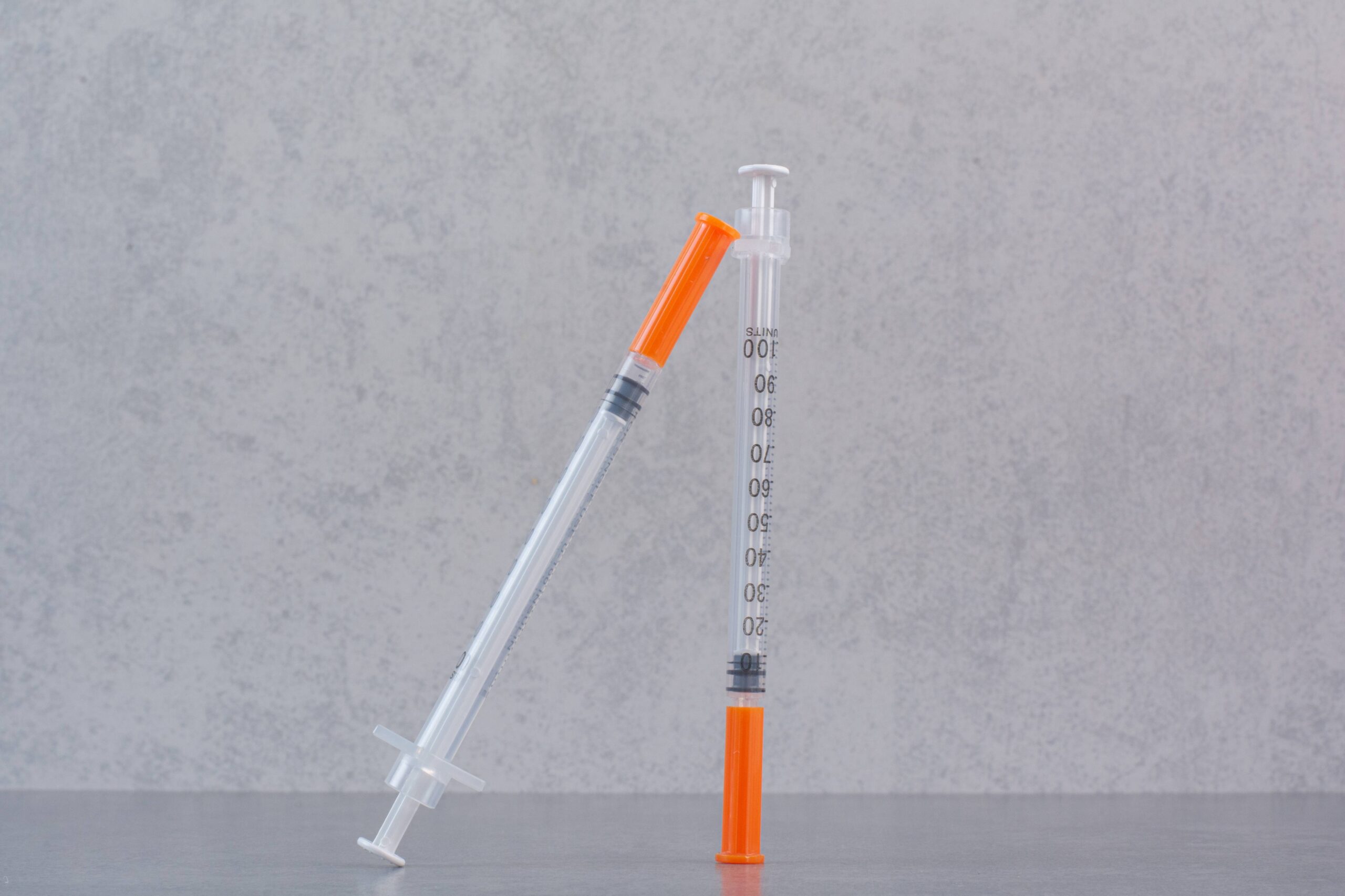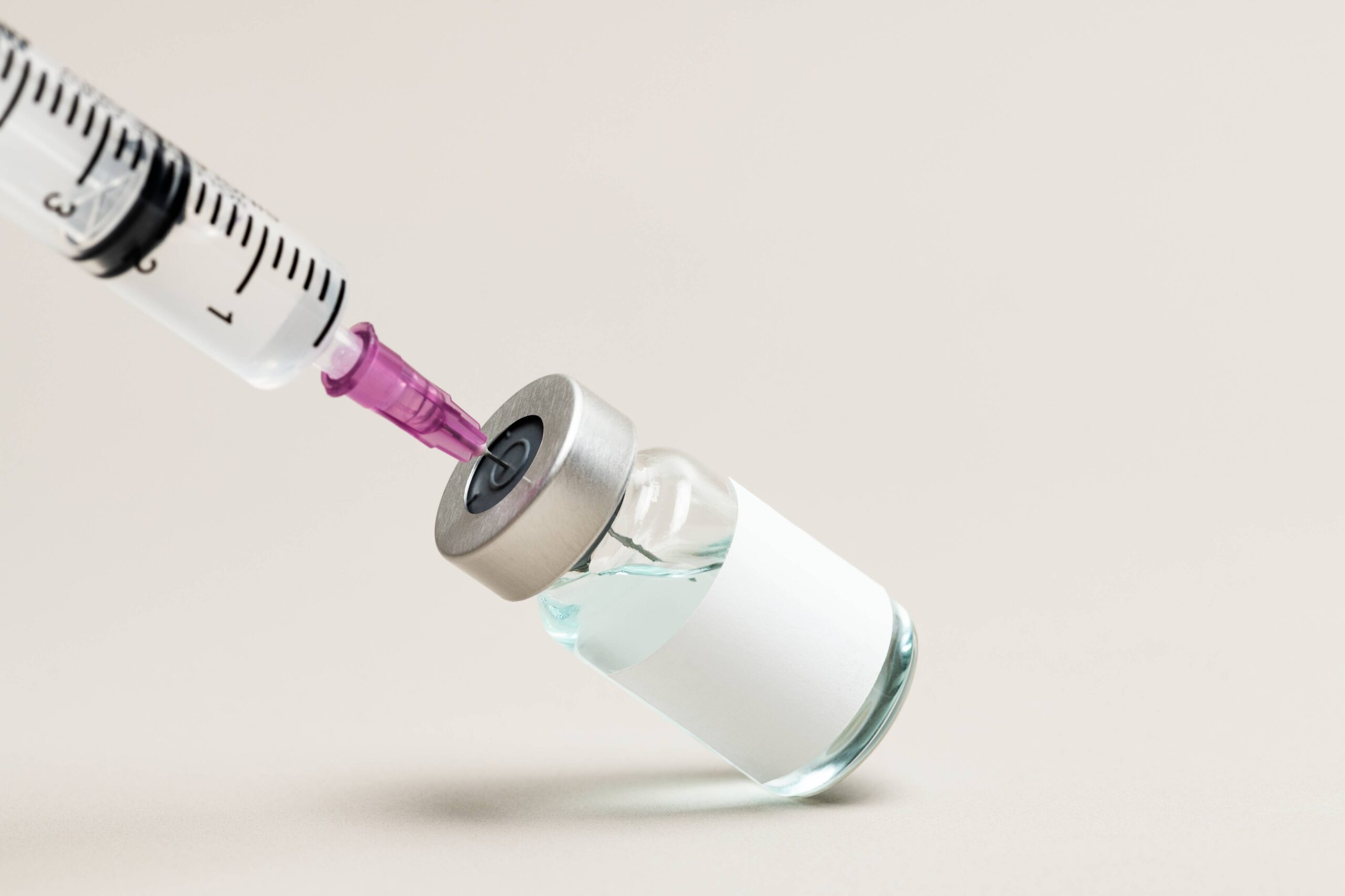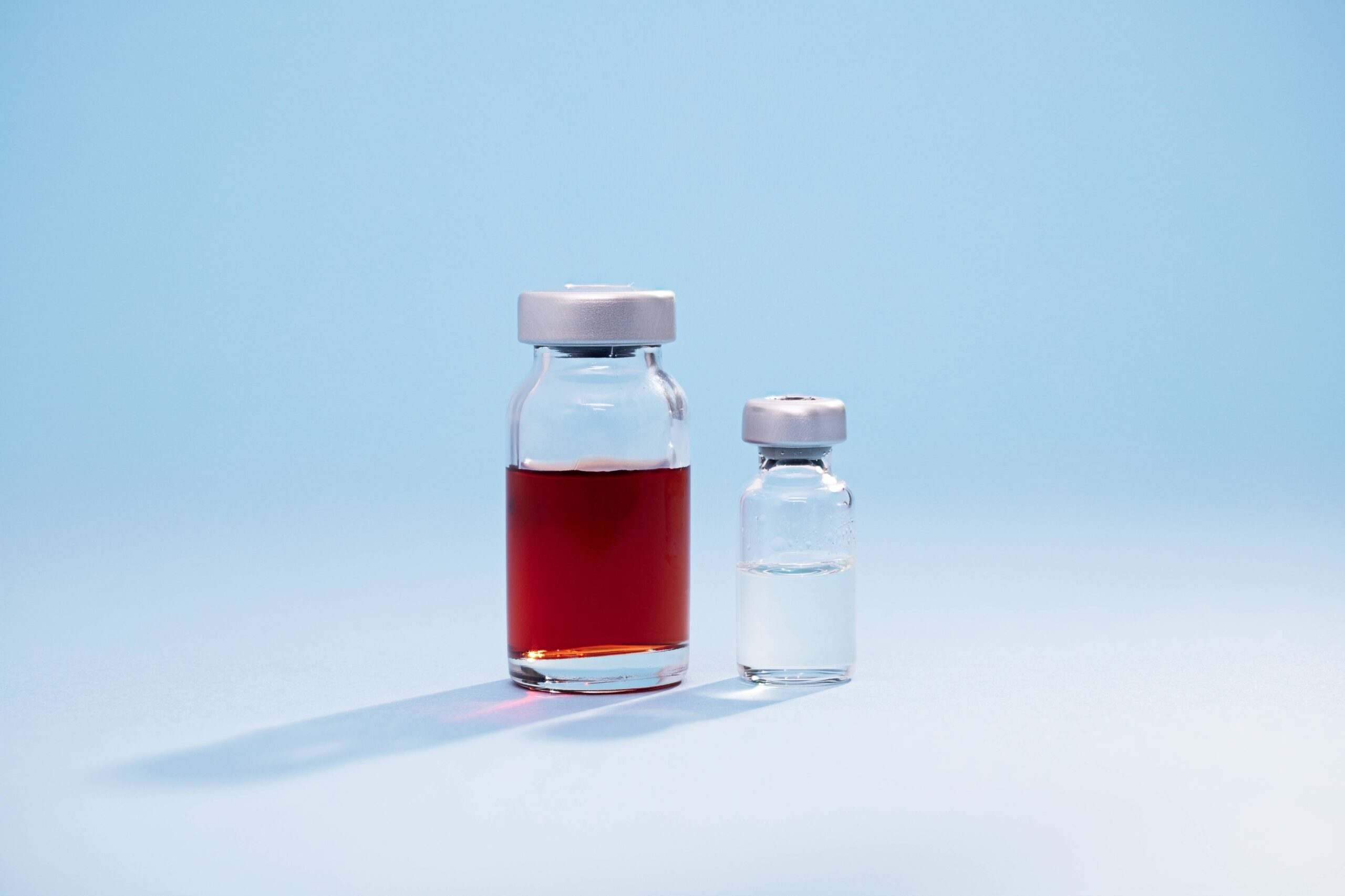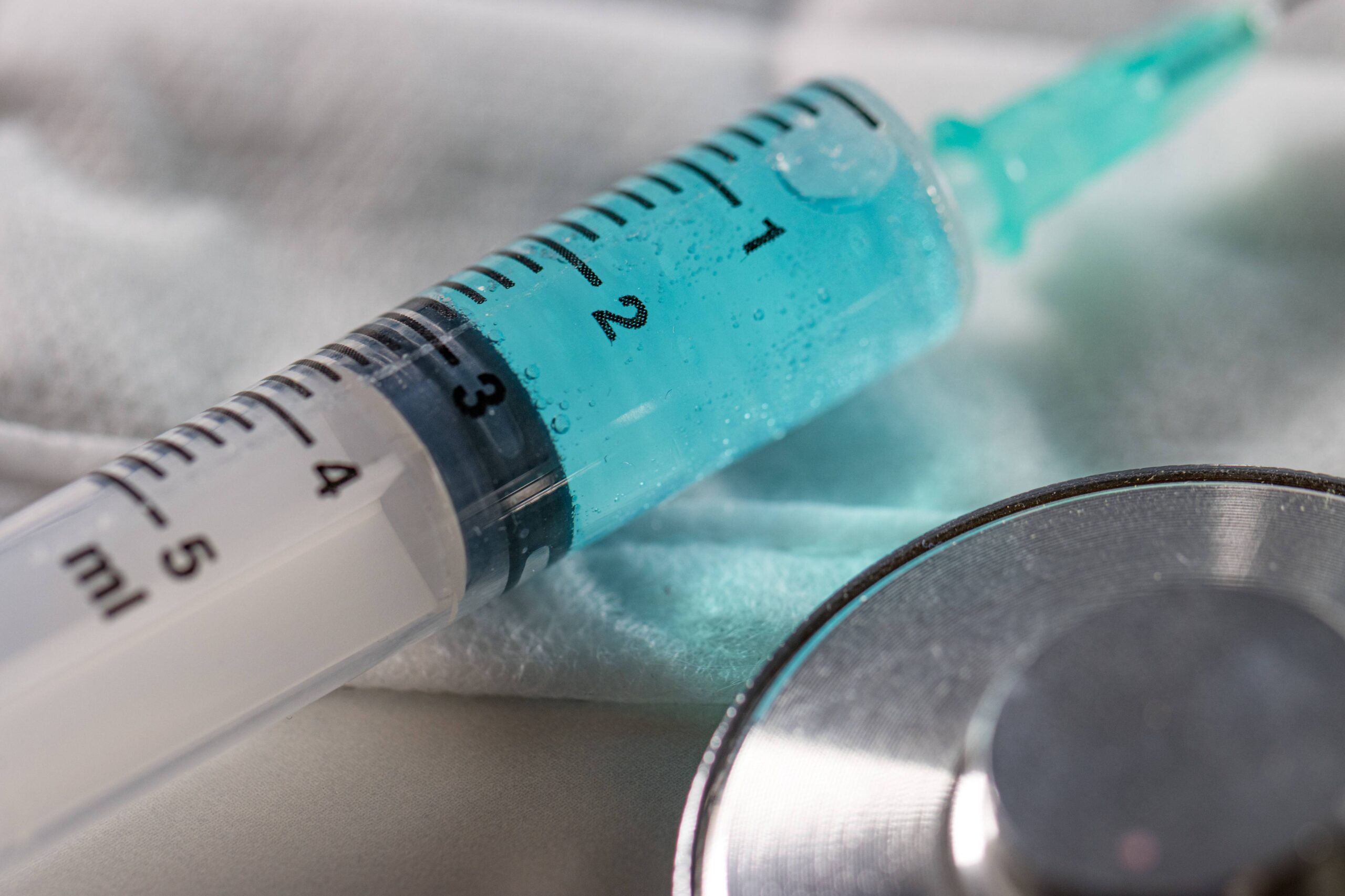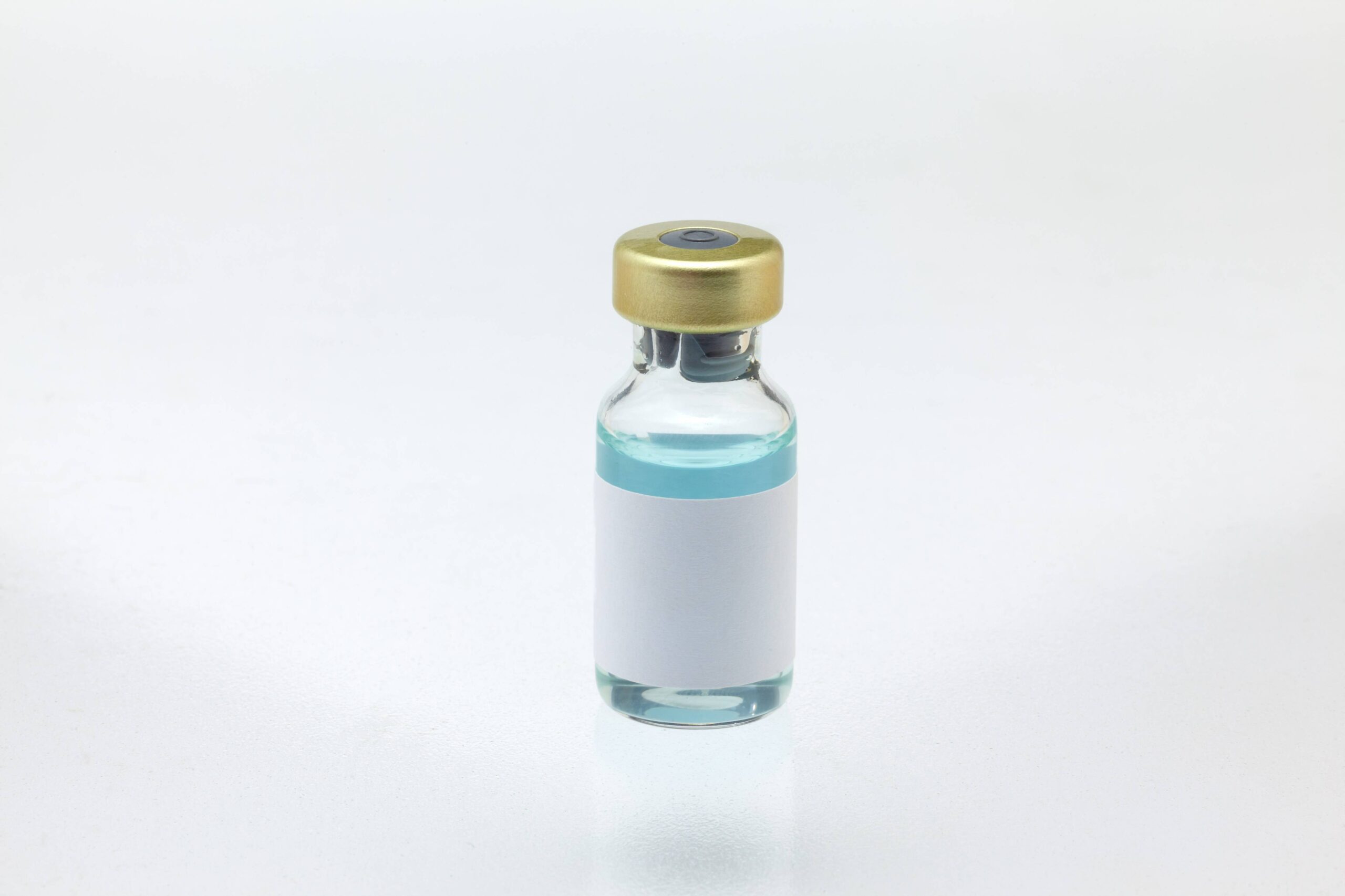Blog
Tirzepatide and Alcohol: What Women Should Know Before Mixing Drinks with Their Weight-Loss Journey

Tirzepatide and Alcohol
Let’s be real for a moment. If you’ve started taking Tirzepatide and you’re finally seeing your weight move in the right direction, you’re probably feeling proud — and you should. But then comes a night out. A celebration. A dinner where the glasses are raised, and suddenly you’re wondering, “Can I still have a drink while I’m on Tirzepatide?”
It’s such a normal thought. You don’t want to undo your progress, but you also don’t want to give up the small joys of life — the glass of wine that helps you unwind or the cocktail that makes you laugh a little louder with friends.
Here’s the truth — you can enjoy life and stay committed to your goals, but it helps to know what’s happening inside your body when you mix Tirzepatide and alcohol. This isn’t about rules. It’s about understanding, compassion, and balance — all things we value deeply at Alternate Health Club.
Understanding Tirzepatide — The Quiet Helper Behind the Scenes
Tirzepatide isn’t magic. It’s science that finally works with your body instead of fighting against it.
It belongs to a class of medications called GLP-1 receptor agonists, which help your body regulate blood sugar, control appetite, and slow digestion. For many women, especially those dealing with stubborn weight gain, hormonal imbalance, or insulin resistance, this can feel like breathing again after years of struggle.
When you start Tirzepatide, your hunger signals calm down. You eat less without forcing it. Your cravings fade quietly. For some, it’s the first time in years that food doesn’t control every thought.
But — and here’s where it matters — alcohol also plays with your hormones, blood sugar, and digestion. So, when these two worlds collide, your body reacts differently.
Can You Drink While on Tirzepatide?
Let’s answer that big question honestly.
Yes, you can drink alcohol while on Tirzepatide.
But you might not want to drink the same way you used to.
When alcohol enters your system, your liver immediately prioritises breaking it down. Everything else — including fat-burning and blood sugar regulation — slows down. That’s why a night of drinks can sometimes stall progress or leave you feeling sluggish for days.
For women taking Tirzepatide, alcohol’s effects can feel stronger, faster, and linger longer. Some say one glass hits like two. That’s because your body processes alcohol more slowly while adjusting to this medication.
So, no, you don’t have to swear off your favourite drink forever. But it helps to know your limits and give your body a little extra kindness.
👉 For similar insights, you can read Semaglutide and Alcohol Consumption.
Why Alcohol Hits Harder Now?
Have you ever noticed that one drink suddenly feels like three? You’re not imagining it. Tirzepatide changes how your body digests food — and alcohol is no exception.
When you take a sip of wine or a cocktail:
- Your stomach empties more slowly, so alcohol lingers longer.
- Your blood sugar levels fluctuate more dramatically.
- You might feel light-headed or tired sooner than before.
It’s not dangerous in small amounts, but it’s something to be aware of — especially during your first few months on treatment.
The Hormonal Story No One Talks About
There’s another layer to this — hormones.
For women, alcohol doesn’t just stop at the liver. It ripples through your entire system, touching estrogen, progesterone, and insulin levels.
If you’ve ever noticed that drinking makes your period irregular, your mood swingy, or your sleep restless, you already know how strong this connection can be.
Now add Tirzepatide into the mix — a medication that already influences your metabolism and hormones — and it’s no surprise that your body might react differently.
Some women feel more emotional. Some feel unusually tired. Others feel totally fine. The point is — there’s no one-size-fits-all.
Your body is unique, and it’s doing its best to find balance again.
What Really Happens When You Drink on Tirzepatide?
Let’s paint a realistic picture of what might happen when alcohol and Tirzepatide meet:
- Your metabolism takes a pause.
Alcohol becomes your liver’s top priority, temporarily halting fat-burning. - You might get dizzy faster.
Tirzepatide lowers blood sugar. Alcohol lowers it even more. That combination can make you feel light-headed or drained. - You may crave junk food.
Alcohol blurs your hunger signals, so the fries and dessert suddenly sound irresistible. - You’ll likely sleep poorly.
Alcohol disrupts REM sleep — the deep, restorative kind you need to recover. - You might feel guilty the next day.
Not because you did something wrong — but because you care about your progress. And that’s a sign of growth.
How to Drink Smarter — Without Derailing Your Progress
The goal isn’t to quit drinking forever. It’s to drink differently.
Here’s how women at the Alternate Health Club keep balance without giving up the moments they love:
1. Start Slow
Take half of what you’d normally drink. Notice how your body feels. You might find you’re content with less.
2. Eat Before You Drink
A meal with protein and fibre keeps blood sugar stable and reduces nausea.
3. Skip the Sugary Drinks
Cocktails loaded with syrups or juices spike your glucose levels and lead to crashes. Try sparkling water with fruit, wine spritzers, or a light beer instead.
4. Stay Hydrated
Match every alcoholic drink with a full glass of water. It’s a small step that prevents headaches, dizziness, and fatigue.
5. Choose Connection Over Consumption
You don’t need multiple rounds to have fun. Focus on the laughter, not the liquid.
A Note for New Moms and Women in Transition
If you’re a new mom, you already know your hormones have been on a rollercoaster. Adding Tirzepatide and alcohol can amplify those waves.
During postpartum recovery or perimenopause, your body is extra sensitive to anything that affects insulin and estrogen. So, while one drink may not seem like much, it can hit harder emotionally and physically.
Give yourself grace. You’re rebuilding from the inside out — not just your weight, but your energy, your confidence, your rhythm.
One mom shared with us:
“After my second baby, I felt like a stranger in my own skin. Tirzepatide helped me find balance again. I still enjoy a drink once in a while, but now I listen to my body. I know when enough is enough.”
That’s exactly what empowerment looks like — choice, not restriction.
The Emotional Side of Drinking on Tirzepatide
Weight loss isn’t just about numbers. It’s emotional.
You might find that alcohol feels different now — not just physically, but mentally. Maybe it makes you tired faster, or it dulls the joy you’ve been working so hard to feel again.
That’s okay. It means you’re more in tune with your body.
Many women describe a strange sense of clarity after starting GLP-1 therapy — they drink less, eat more intentionally, and realise they don’t need those old coping mechanisms anymore.
And that’s something to celebrate.
What to Do If You Overdo It
We’ve all had those nights when one drink turns into three. It happens. You’re human.
If you’ve had more than you planned, here’s what to do:
- Drink plenty of water — your body is dehydrated.
- Skip your next dose if you’re nauseous or dizzy.
- Eat something light with protein and electrolytes.
- Rest. Let your body recover before resuming your medication.
Then, forgive yourself. You don’t need guilt; you need gentleness.
Progress isn’t lost from one night — what matters is what you do next.
Long-Term: How Alcohol and Tirzepatide Can Coexist
After the first few months, most women find their rhythm. They learn what their bodies can handle — and surprisingly, many end up drinking less by choice.
That’s because Tirzepatide helps reset your relationship with cravings and control. The same way it quiets your urge for food, it often does the same for alcohol.
You start to notice how good it feels to wake up clear-headed.
You realise you don’t need to numb stress with a drink anymore.
You feel… lighter — inside and out.
This is what real healing looks like.
At Alternate Health Club, we’ve seen this transformation in hundreds of women. They don’t just lose weight — they regain peace with their own bodies.
Supporting Your Body Along the Way
Whether you choose to drink or not, your body deserves care.
Here’s how to support yourself while on GLP-1 therapy and alcohol tolerance adjustment:
- Eat a colourful, balanced diet.
- Sleep at least 7 hours a night.
- Move your body in ways that feel good — not punishing.
- Stay hydrated.
- Keep your check-ins with your AHC provider.
Because the truth is, this journey isn’t just about losing weight. It’s about learning yourself again.
👉 You can explore more in Effective Weight Loss Strategies – A Guide from Alternate Health Club.
When It’s Best to Skip Alcohol Entirely
For some women, it’s better to avoid alcohol for a while — and that’s okay too.
You should skip it if:
- You’re still adjusting to Tirzepatide.
- You’re dealing with strong nausea or fatigue.
- You have blood sugar instability or liver conditions.
- You’re trying to focus on deep healing without distractions.
These aren’t restrictions. They’re boundaries that protect your progress.
A Gentle Reminder: This Is About You
You are not defined by what you drink, eat, or weigh.
You’re defined by how you care for yourself when no one else is watching.
Tirzepatide isn’t a quick fix — it’s a bridge back to balance.
And whether you choose to toast with wine, sparkling water, or a smoothie, you deserve to do it feeling informed, confident, and in control.
At Alternate Health Club, we believe wellness isn’t about perfection — it’s about compassion.
The small decisions you make daily, the awareness you build, the grace you give yourself — that’s what creates lasting change.
So the next time you raise your glass, make it a toast to you.
To the woman you’re becoming — stronger, wiser, and finally free.

